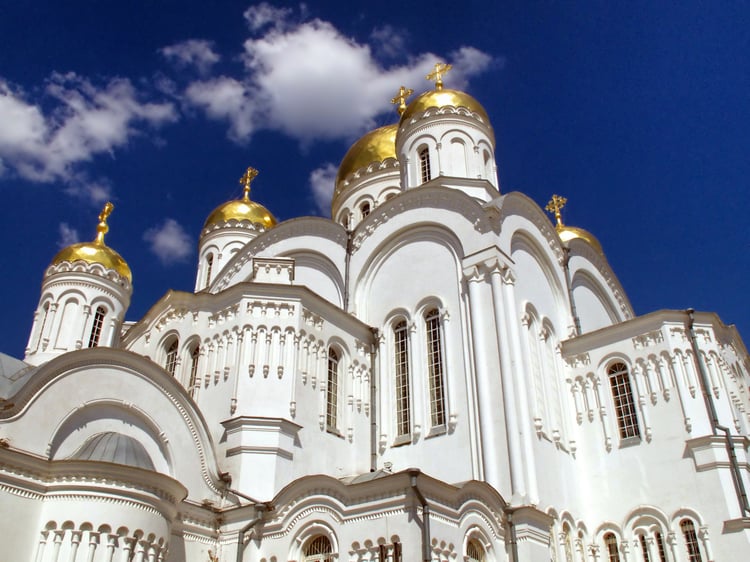Editor's note: this is a guest post by Ivan Stupachenko, freelance business writer and co-founding editor of St. Petersburg Travel Guide. The statistics are largely sourced from Russian publications.
These days, you see far fewer Russian tourists on the beaches of Tenerife or Mallorca than in previous years, and they have almost totally disappeared in Egypt and Turkey. At the same time, popular Russian destinations like St. Petersburg and Moscow are enjoying an increase in tourists from European countries, China, Iran and India.
These shifts seem to be of a long-term nature - here's our exploration of five of the major trends, alongside the main risks and opportunities of each.
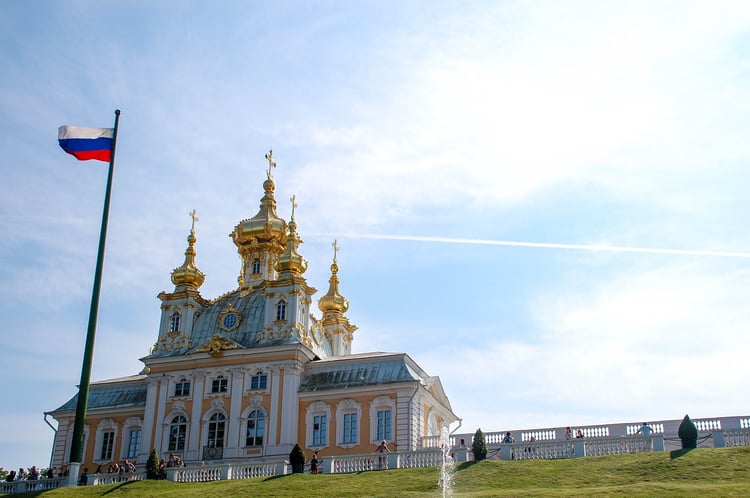
An outline of the macroeconomic basics
For a better understanding of the trends we'll list below, it’s important to keep in mind the following facts:
- The Russian ruble has decreased in value against the euro (by 55%) and the dollar (by 58%) since early 2004.
- The Russian economy showed the worst performance among developed and developing countries in 2015, with a decline in GDP of 3.5% in comparison to 2014.
- Unemployment rates began to rise in early 2016 as many private sector companies and government bodies started to initiate widespread layoffs throughout their workforce.
- Because of this drop in income, the average Russian citizen spends more than they earn. They also tend to owe debts to the banks which, of course, must be repaid.
Here are the Russian tourism trends to know about
1. Fewer Russian tourists are going abroad
The number of trips by Russian nationals to European destinations decreased by 30-50% from 2015 to 2014. This is the biggest drop in the last twenty years. The main reasons behind this are a dramatic fall in the ruble’s value and a drop in the income of Russian citizens.
Discounted accommodation and other services offered in an attempt to boost demand proved to be less effective than anticipated, as in Turkish resorts in late 2015 before the tensions between Russia and Turkey over the downed aircraft emerged.
> Opportunities
Still, Russians are traveling abroad. They may not walk the streets of Rome in the great numbers of the past, but they are there to be seen all the same. After all, sales of some luxury goods hit a record in Russia in 2015, for example, Rolls-Royce has had the most successful year since it started operating here in 1910.
Maybe the luxury segment is not that big, but it is not very sensitive to the price. Individual tours, exclusive offerings are still appealing to the Russian high-spending consumers. Why not try a shift from mass products to more exclusive (and expensive) ones?
> Risks
The crisis seems to be strongly established, and the effects of it may continue to be felt for quite some time. This means Russians are unlikely to return in such high numbers any time soon. A decisive factor when choosing a tour in 2016 will be price, industry experts say, which is bad news for expensive destinations like Greece, Cyprus, Italy, Spain, Germany, UAE etc., and good news for cheaper countries like Bulgaria and Abkhazia.
2. Turkey and Egypt are closed. Turkey for the long-term, Egypt...?
Russian authorities ceased cooperation with Egypt in aviation and with Turkey in tourism following two accidents with aircraft in late 2015. The two countries were the most popular low-cost beach destinations for Russians at the time.
The existing tourist flows were partially redistributed among Bulgaria, Thailand, Montenegro and some other countries. Egyptian authorities have been doing their best to improve aviation safety and talk their counterparts into the re-initiating cooperative measures.
Russian travel companies are eager to see the cooperation relaunched too. Rumors in the press allege that the Russian government may lift a ban on air transportation between the countries in a couple of months, so Egypt may get its part of Russian tourists who will not have booked their beach hotels in Bulgaria or somewhere else by the start of 2016 high season yet.
> Opportunities
Any country with good beach services is likely to gain additional income provided enough marketing activities in Russia. That’s where great opportunities for UAE, Jordan, Tunis, Israel, Morocco, China etc. are emerging, and we may yet see them capitalize on this in the near future.
> Risks
Turkey and Egypt are obviously in the risk-zone. For Egypt, the main risk can be a delay in resuming of air transportation, for Turkey the most dangerous thing is that the current ban on selling tours to that country is for keeps.
Unpredictable situations in Syria, Turkey and elsewhere are consistently bringing risks to the market. It wouldn’t be exaggeration to say that the tourism industry across the Middle East, Asia and Europe is working in the context of the possibility of sudden and powerful shocks like the terror attacks in Paris in late 2015 or in Brussels on March 22, 2016.
The main risk regarding the Russian and international political scene is the possibility of new sanctions and thus a further decline in the number of Russian tourists leaving the country.
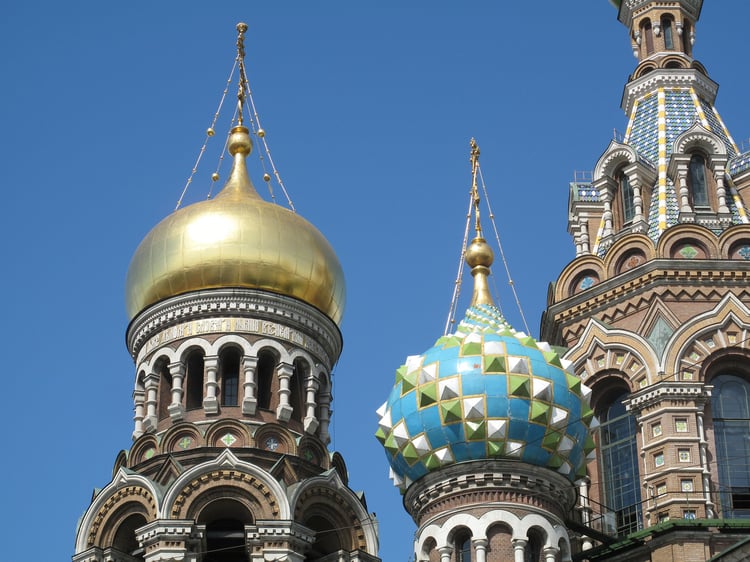
3. Russia is experiencing a big shift to domestic travel
In 2014, after the start of the conflict over Ukraine and Crimea, the Russian government faced sanctions imposed by EU and U.S. and prohibited some categories of professionals from going on vacations abroad, including policemen, security officers, and military. This has resulted in a huge drop of travel companies’ clients and has been one of the reasons for many of them going bankrupt.
The government offered an alternative in the form of domestic tourism with a focus on resorts of Sochi, Anapa, Gelendzhik, Eysk on the coast of the Black sea and the Sea of Azov as well as beaches of the Crimean Peninsula.
The ban coupled with the Russian ruble’s fall in late 2014 and decrease in income of Russian households in 2015 contributed to the rise of national resorts and destinations. St. Petersburg hotels were booked at 95-97% capacity during the January holidays in 2016 (from January 1-11). Booking a hotel room in Sochi for the summer is now sometimes more difficult than getting an autograph from Mr. Putin himself.
The statistics in Russian newspapers speak for themselves. In 2015, an average hotel room in Moscow yielded 7% more than in 2014, in St. Petersburg the growth rate was 26.3%. According to a booking service Oktogo, in 2015, 60% of 100.000 bookings fell at domestic travel segment. The number of hotels bookings outside Moscow and St. Petersburg rose by 70% in comparison to 2014.
What’s more important is that the government promised large investments in the development of domestic tourism. To be honest, the sums projected for a midterm are insufficient to feel the gap in infrastructure, technologies and level of services, but perhaps that's where foreign investors could step in.
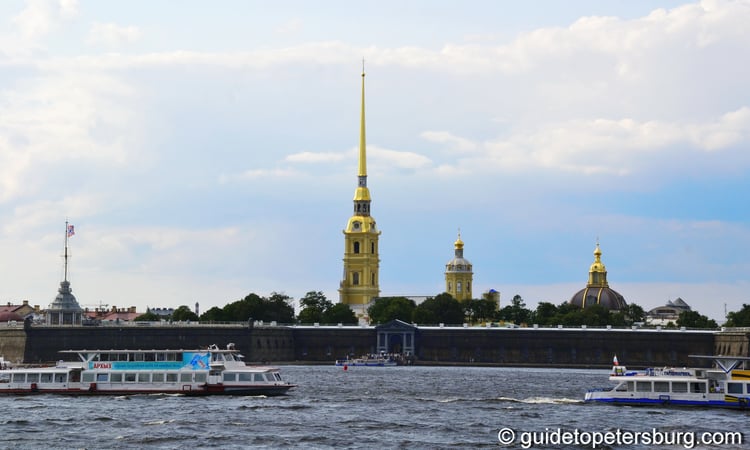
Get more insights in our Travel Trends Report 2018, downloaded by thousands of tourism professionals:
> Opportunities
Russian authorities had been talking about the development of inbound and domestic tourism for years, but had done little until this task developed political colors in 2014 after the start of the conflict over Ukraine. Given the tensions with Turkey and Egypt, the necessity to offer some good alternatives to citizens is increasing in importance. Also the establishment of Visit Russia, a government-backed promoting agency, speaks for itself.
There are some primary issues here. As industry experts point out, Russia is lagging behind in terms of hospitality services, IT-technologies and infrastructure. Practically speaking, the industry is not ready for a sharp increase in tourists and obviously is in desperate need for advanced technologies. So, if there is demand then supply will surely come.
Will your company be the one to help enhance hospitality standards or optimize Internet sales by offering online booking software?
> Risks
Backed by federal funds, Russian regions seem to be implementing ambitious strategies to generate more revenue from tourists. It’s not about popular destinations like St. Petersburg, Golden Ring, Baikal, Valaam and Sochi, which have already been enjoying the status of tourism hot spots, though, of course, they will be active too. This might pose a risk to companies selling exclusive individual tours to remote areas, primarily with a focus on outdoor activities or adventure, ecotourism and so on.
Russia’s Siberia and Far East, Ural region have a lot of things to see and to do, often unknown to a wide public abroad and even in Russia itself. Exploring the Siberian river of Angara, hiking in Sayan mountains or traveling to Kamchatka Peninsula’s volcanoes might look like competitive products in comparison to trips to Australia’s outback or travel to remote regions of Africa. For example, browsing travel forums reveals questions from individual travelers about going to Yakutia, a region which is hardly known for its attractions even in Russia. Getting there is an adventure itself, but what we see is a growing demand.
Risks for those willing to invest in Russia’s tourism sector are connected with Russia’s budget deficit which led to cutting expenses even for defense in 2016. The investments for the tourism sector were promised, but still not funded, and given the current economy situation it’s hard to say whether the government will be able to find the money.
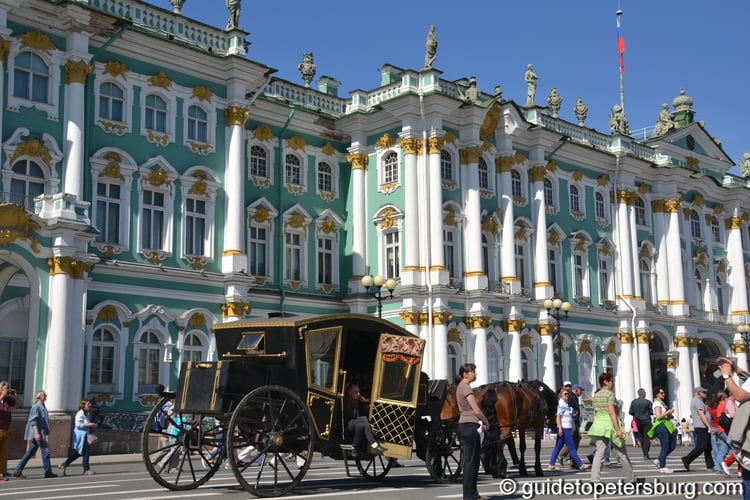
4. There are fewer travel companies in Russia
The years of the Russian oil boom brought many newcomers to the travel market. The end of the boom has already reduced the number of travel agencies, with 2014 seeing a lot of bankruptcies of big companies. According to industry associations, the number declined further by a dramatic 70% in 2015, and this year is predicted to see a decrease by a further 50% due to recession and reduce of demand.
> Opportunities
Russians are starting be more active in looking out for a new way to travel abroad, for instance by buying services from non-Russian travel agencies. When Russia ceased aviation cooperation with Egypt in late 2015 but didn’t prohibit citizens from going on vacations in this country, Russians started to travel via Belarus due to its ongoing cooperation with Egypt.
If purchasing a trip through a foreign company would be cheaper than operating through a Russian one, it wouldn’t be too difficult for a Russian tourist to do so. Now it’s not a big trend, but it might be one soon, especially provided sufficient marketing activity here, first of all, on the Internet.
> Risks
If you are doing business with a Russian company, it’s wise to keep in mind that one day you may find its office closed and phones silent, as happened in 2014, when many tourists were left without vacations and money. Now they are trying to return their money through court battles and the government is helping them, but who knows if the authorities will be of much help for foreign companies?

5. International football is coming...
Despite the ongoing crisis and budget spending cuts, Russia is going to fulfill its obligations to host Confederation Cup 2017 and FIFA World Cup 2018. Preparations are in full swing for both.
Recently, the Russian government has set hotel price limits for these events in order to prevent inflated prices as was the case in other countries hosting the World Cup and the Olympics. These limits are just a bit higher than today’s average rates. This means that provided availability of affordable airfare, it will be possible for most Europeans and tourists from other continents to visit Russia and watch games live. Given the weak ruble, citizens from Great Britain, Switzerland and Eurozone countries will hardly face great expenses here.
> Opportunities
For most travelers across the globe, Russia is not a common country of choice to visit, so it’s wise to suggest that they will try to combine visiting to support their national football team with additional trips throughout the country.
There are nine cities hosting the games, and each of them has something interesting to explore in and around. It would be hard to believe that residents of the Americas will embark on overseas flights simply in order to watch football. Package tours with football and non-football activities including extensive traveling are first to come to mind.
> Risks
Russian security services are reporting prevented attempts of terror attacks by members of ISIS or other illegal forces. Incidents of the last years in the south of the country indicate that even strong security measures that are legally enforced may fail.
Popular destinations such as St. Petersburg and Moscow will predictably be overcrowded in the summer of 2018. Both cities are hosting several matches, with Moscow hosting the final and St. Petersburg the 3rd place game, which makes them all the more attractive. Early booking seems to be a logical step here.


